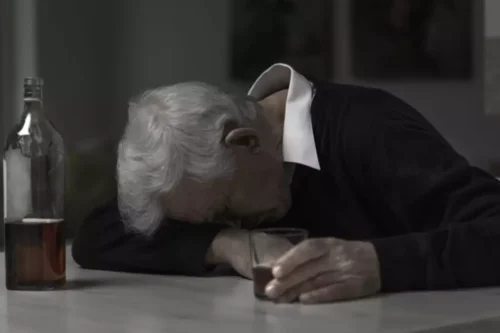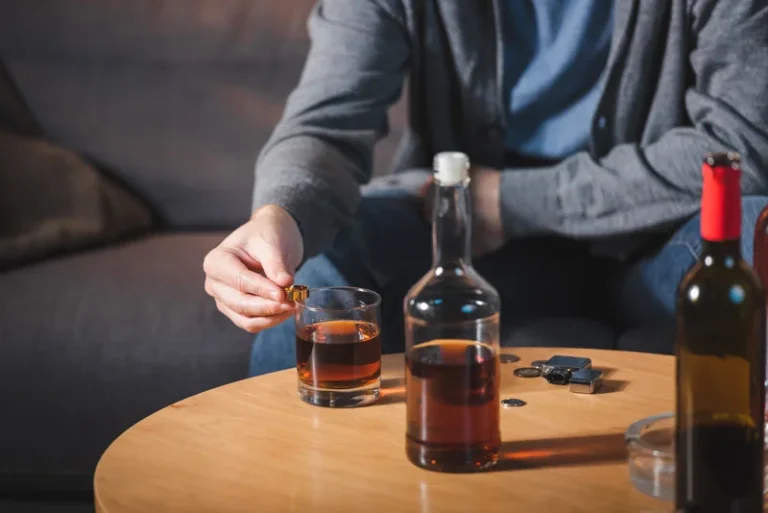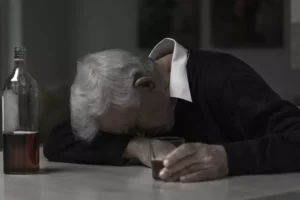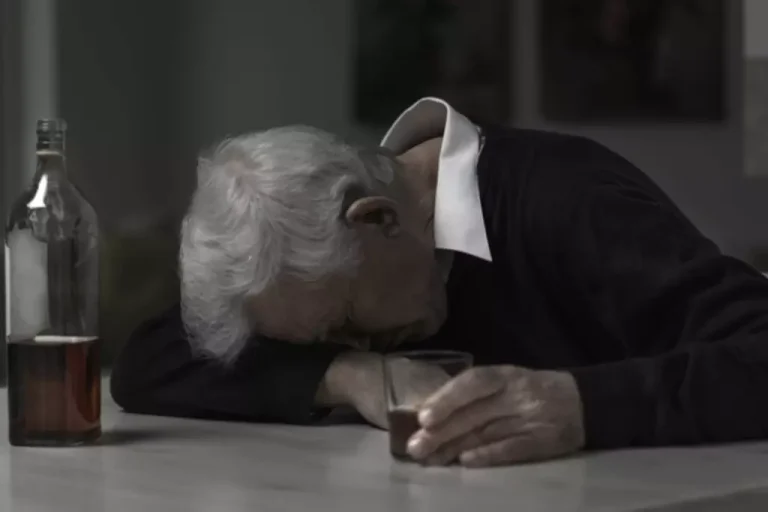
Impulsive individuals tend to act without thinking about the consequences. Alcohol further impairs their judgment, making them more likely to react aggressively in situations where they might otherwise remain calm. By understanding these numbers, we can better appreciate the scope of the problem and work towards creating safer communities and healthier relationships.

Unmasking the Angry Drunk: A Psychological Profile
Both alcohol and anger make it hard to think straight on their own. When the two are present together, a person is highly likely to become involved in something they wouldn’t otherwise do and might regret later. This means people who are constantly angry might take advantage of alcohol’s presence to unleash their emotions. Maybe they’ll finally say all the things they’ve been holding back or get into a fight with someone that’s been harassing them. We know that alcohol makes people do stupid things, so for some, it’s an excuse to do whatever they want. There have been alcoholic rage syndrome studies where people thought they were consuming alcohol and acted like they were drunk anyway.
Understanding the Role of Nutrition
Regret can be a heavy burden, but it can also motivate positive change. This discussion allows members to address any regrets they have and explore how these feelings can be transformed into fuel for growth and self-improvement. Acknowledging small achievements is motivating and uplifting in recovery. This activity encourages members to celebrate even minor milestones, helping them recognize progress and reinforcing a sense of accomplishment.

Alcohol and Anger: What’s the Connection?
For example, if someone accidentally bumps into you at the bar, you might misinterpret this as an act of aggression, causing you to become confrontational and angry. If you were sober, you might be able to look at this logically instead, and accept it may have just been an accident. Alcohol reduces your inhibitions marijuana addiction and your ability to control your impulses.
Not sure how to Pay for Treatment?
- Addressing and letting go of anger is vital in the Alcoholics Anonymous (AA) 12-step approach, which involves a moral self-inventory and overcoming personal flaws.
- Reframe supports you in reducing alcohol consumption and enhancing your well-being.
- The moment you think your anger is getting out of control or you’re turning to alcohol or drugs as a coping mechanism, you should consider seeking professional help.
- Plus, we’re always introducing new features to optimize your in-app experience.
- For some, drinking becomes a misguided attempt to cope with these emotions, only to find that it exacerbates the very issues they’re trying to escape.
- For example, if a person goes into a drinking experience with the expectation of alcohol helping them pick a fight with a partner later, that’s then likely to happen.
- To curb alcohol-fueled rage, it helps to know how you respond to drinking.
Personal history and genetic factors can play a role in how someone reacts to alcohol. For example, if you have a family history of alcohol abuse or domestic violence, you might be more prone to aggressive behavior when drunk. Alcohol myopia is a psychological condition where alcohol consumption narrows a person’s focus, impairing their ability to think clearly and make rational decisions. It can lead to risky behaviors, as individuals may focus on immediate pleasures or frustrations while ignoring long-term consequences. This effect makes it harder to recognize potential dangers or manage emotions effectively while drinking. Interestingly, individual differences in alcohol metabolism can play a significant role in how people react to drinking.
- These impairments can make it seem as though anger is the only response in certain situations, instead of being able to explore other, more reasonable reactions.
- They were more likely than those without the variation to have a history of outbursts and fights while drinking, as well as to have been arrested for driving under the influence.
- Most programs help set up your aftercare once you complete the inpatient portion of your treatment.
- Additionally, it can be hard for people to spot the signs of AUD in themselves.
- While anger is an internal feeling, aggression is the outward expression of that emotion.
- Understanding these neurobiological factors helps shed light on why alcohol often fuels anger and aggression.
The Cycle of Anger and Alcoholism: How Drinking Alcohol Makes Anger Problems Worse

Practicing gratitude fosters positivity and strengthens emotional health. Encouraging members to share their personal stories helps build trust, empathy, and connection within the group. Members realize they’re not alone in their journey by discussing their challenges, victories, and motivations for recovery. There is a significant overlap between anxiety, alcohol misuse, and alcohol use disorder.

Additionally, more than three-quarters of study participants with the gene had mood disorders, personality disorders, and mood swings (10). The PFC region of the brain is where we make judgment calls about potential behavior before acting on it. When alcohol impairs this area, a person may be more likely to behave in a way they wouldn’t while sober, including getting confrontational (2).
Integrating therapy, robust support systems and personalized coping strategies is paramount to fostering sustainable progress towards emotional equilibrium. Before exploring the de-escalation strategies, it’s crucial to understand the importance of managing anger in intoxicated individuals. Misconceptions often surround the relationship between alcohol consumption and emotional responses, particularly anger.
